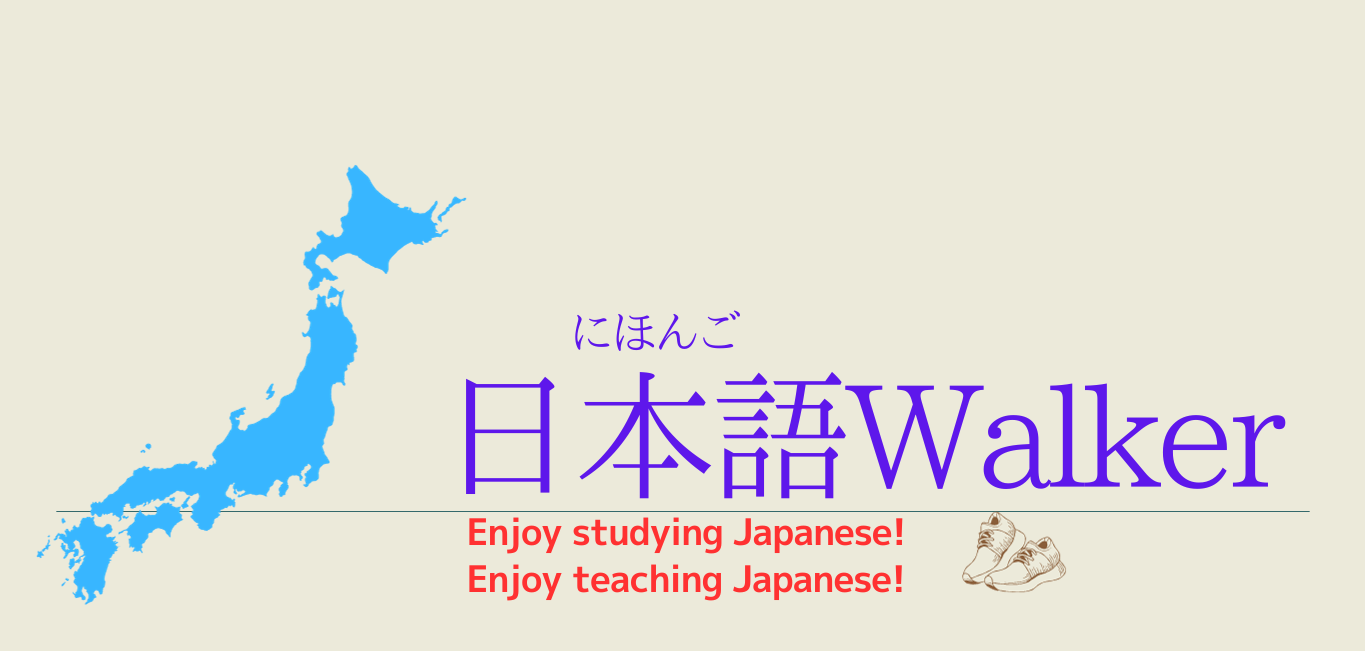Recently, while watching TV program called
“SEKAI KURABETE MITARA“,
foreigners introduced their favorite Japanese phrases.
Among them, I’d like to share 4 words that left an impression on me.
ぜひ(Zehi)
The word “ぜひ” indeed has a versatile usage in Japanese.
While it’s commonly used to express a strong desire or request,
it can also serve another purpose.
In the context, where someone says,

こんど、ぜひ飲(の)みに行(い)きたいですね~。
(“I’d like to go for a drink with you sometime”)
and the other person responds with

そうですね、ぜひ。
(”Yes, definitely”)
it’s a great example of how “ぜひ” can be used politely without necessarily expressing a genuine desire.
Combining it with a smile helps maintain a pleasant atmosphere without causing any discomfort.
Japanese people truly appreciate this skill of “reading the air”!
“In this conversation, it’s common for both, including A, not to genuinely want to go for a drink.
By inviting and responding with”ぜひ”, they convey a message that says, ” I don’t dislike you.”
So it is a kind of an etiquette-based exchange.

勘弁してよ(Kanben shite yo)
In conversations, when Japanese use the phrase ‘勘弁してよ’ ,
they convey their dislike while maintaining a softer tone compared to being direct.
It may also be like an etiquette-based exchange.
I also use the phrase ‘勘弁してよ’ (‘Please spare me’) with family and friends.
While I can convey a strong ‘NO’ through my expression and tone,
this phrase allows me to express a feeling like, ‘I’m not really annoyed, but come on—why?’
It’s a convenient expression.
By the way, this woman said that she hears this phrase from her Japanese partner about 5 or 6 times a day!

平穏(Heion)
A young Lithuanian man learned the phrase ‘choosing a HEION-na life’ from an anime and grew fond of the word ‘平穏’.
He expressed a genuine desire for a HEION-na life.
In essence, ‘平穏’ refers to a state without illness, injury, accidents, or, of course, war— consistently quiet, serene and tranquil days.
Every day, wars and conflicts occur in the world. There are many sad events.
Considering this, achieving a HEION-na life is actually quite challenging.
Being able to live each day in Heion-na situation is something truly fortunate, I believe.
木漏れ日(Komorebi)
The phrase ‘木漏れ日’ is commonly used by Japanese people.
It’s a beautiful word with a pleasant sound.
When trying to translate ‘木漏れ日’ into English,
one would need to describe it as ‘sunlight filtering through the leaves of trees.’
However, this explanation might not resonate with Japanese speakers.
For the Japanese, ‘木漏れ日’ holds a special place—it represents a unique sensitivity to nature.
Perhaps it captures something beyond mere sunlight.

Interesting Japanese Vocabulary
How did you find them?
Did any of these words resonate with you?
As a Japanese teacher, I’d like to ask my students about them sometime.
If any interesting words come up, I’d love to share them on this site.


コメント